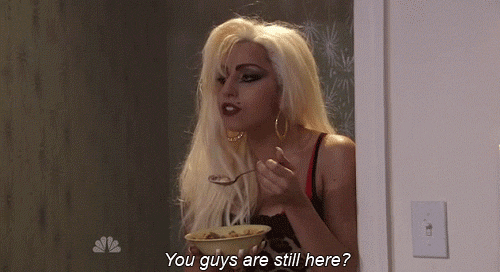You can spare me the sermon about Nintendo's "genre king" foresight — that's not some mystical Nintendo-only trait. Every company with half a brain tries to build sustainable IP. The real difference is Nintendo's third-party lockdowns in the '80s and early '90s, not some moral superiority in "business discipline." They kneecapped Sega and everyone else through exclusivity deals, period.
And as for Kalinske — the way you describe his strategy like it's a bad thing just shows how little you understand what Sega actually hired him to do. His job was to make Sega competitive in the U.S., and that's exactly what he did. Under him, Sega went from a rounding error to neck-and-neck with Nintendo — something Sega of Japan never came close to replicating before or since.
Those "unsold inventory" numbers you're quoting? They're the direct result of Sega of Japan abandoning the Genesis too early in favor of the Saturn. If you stop supporting the hardware that's still selling, of course retailers send back stock. Kalinske wanted to keep the Genesis alive through '95 — that's literally what could've prevented those losses. But instead, Japan forced the pivot, botched the Saturn launch, and torched all that momentum.
So let's not twist history: the Genesis era was the only time Sega ever stood toe-to-toe with Nintendo, and that happened because of Kalinske's leadership — not in spite of it. If anything, Sega's downfall came from Sega of Japan ignoring the guy who actually figured out how to win in the West.
That video isn't entirely accurate though, and I don't know if they read the leaked FY '97 document from a couple years ago, either. I actually like that channel BTW and regularly watch a lot of their content, but yeah there are some points made in that video which I don't feel are accurate.
Some other people ITT have touched on it since your post, but basically what made it seem like SEGA was doing so strongly against Nintendo between '92 and '95 had more to do with the arrangement they made with big box retailers. Big box retailers wanted a certain amount of guaranteed inventory for the holidays, but in return wanted the ability to return all unsold stock following the holiday period. Nintendo wasn't willing to do this and big box retailers couldn't pressure them into doing so due to the success of the NES. SEGA of America was willing to do it and certain big box retailers used the arrangement as leverage to carry Genesis or to not carry it at all.
So basically every holiday season there'd be a huge surge in Genesis hardware sales due to the retailers getting their stock, and that'd take the sold-in numbers which SEGA of America then reported on or whatever. However, all unsold inventory'd be bought back by SEGA of America afterwards, so they'd suddenly take big losses due to the buybacks. That went on for a few years. Now, I'd say for certain SEGA of America very likely sold through most of the supplied inventory during '91, '92 and '93 because those were big years for Sonic releases, and they had Genesis & Sonic bundles as well. They probably sold through a good amount of the holiday inventory for '94 as well again due to Sonic. However, that dried up fast in 1995, and I'd assume that SNES sales were stronger than Genesis ones in America outside of the holiday period from the 1992 - 1994 period. Some of the software sales charts we have from that era would suggest as such.
Of course the main reason SEGA of America were able to do things this way was in part because of unconsolidated accounting. There's no way SEGA of Japan would've agreed to that type of big box retailer strategy if they knew the losses SOA would incur on the buybacks. Now all of that said, I do agree that Nintendo's 3P contracts made getting 3P support on SEGA hardware harder until sometime in the early 1990s, tho I'm not sure if that was necessarily due to Nintendo of Japan. I say that because in Japan, the PC-Engine did very well in sales up to the Super Famicom's release, and got decent 3P support as well, such as Namco, under the Namco label,
NOT Namcot. As well, it was NOA who were found guilty of antitrust in the early 1990s, which is why they had to issue rebates to customers (tho in a way this just funneled them right back to NESes anyway).
So I'll never deny that Nintendo's ironclad licensing practices with 3P inhibited 3P support on Master System and even Genesis early on. However, Japanese 3P like Namco, Hudson Soft (who also helped make the PC-Engine, TBF), Victor Musical Industries, Irem, Pack-in-Video, Taito, Data East etc.
ALL released games for PC-Engine in Japan, and Western 3P like EA took open arms to the Genesis from its earliest days. So I'm just not sure how much of SEGA's struggles in Japan or the West for 3P support can be directly blamed on Nintendo's policies, because some of those policies might be exaggerated similar in ways to certain urban myths.
The OST at least is flippin' fantastic though, especially this specific track:
A very peak jungle track; the drum programming on it is absolutely
insanely good stuff.




